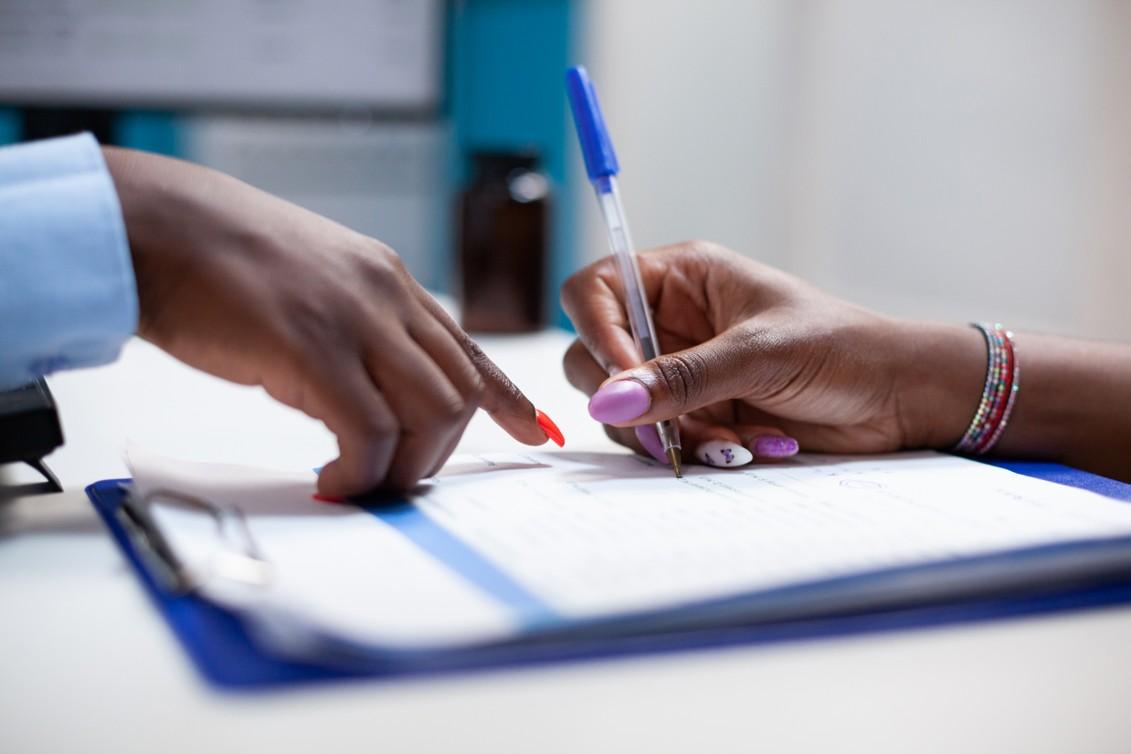How to Register a Primary Co-operative Society in Zimbabwe

Are you a group of people looking to work together to improve your livelihoods or do business as a team? A co-operative society is a great way to do it — and Zimbabwean law fully supports you. But how do you go about registering one officially?
Let’s break it down into simple steps.
✅ Step 1: Gather Your People
To start a primary co-operative society, you need at least 10 people. These should be individuals who share a common goal — for example, farming, fishing, sewing, trading, or any other business idea.
If you have fewer than 10 people, don’t worry — the Registrar can still allow you to go ahead if there are good reasons.
✅ Step 2: Form a Formation Committee
This is the team that will guide the process. The formation committee:
-
Plans the purpose and goals of the co-operative.
-
Teaches potential members about how co-ops work.
-
Helps identify who can become a member.
-
Figures out what contributions members will make (money, labour, or savings).
-
Does a feasibility study — a simple investigation to check if the business idea will work.
-
Prepares draft by-laws (rules for running the co-op).
-
Starts working on the official application for registration.
This is a very important stage because it lays the foundation.
✅ Step 3: Prepare for Registration
Now that you have a formation committee and a clear plan, it’s time to apply to the Registrar of Co-operative Societies. Here's what you need to include in your application:
-
Application form – Signed by at least 10 founding members.
-
Draft by-laws – These are the rules the co-op will follow (you’ll need 3 copies).
-
Meeting records – Minutes from the meetings you’ve held to form the co-op.
-
Feasibility study and work plan – Show how your co-op will operate and succeed.
-
Application fee – Paid to the Central Fund.
The Registrar may also ask for more information, like:
-
Why the co-op is needed in your area.
-
How well members understand co-op values and principles.
-
Whether you have enough money or resources to begin operations.
-
Whether you’ve tried to connect with other co-operatives or support organisations.
✅ Step 4: Hold a Preliminary Meeting (If Required)
Sometimes, before final approval, the Registrar will ask you to hold a preliminary meeting. In this meeting:
-
Members review and adopt the by-laws.
-
A provisional management committee is elected to lead the co-op during its early days.
This step makes sure all members are involved and agree on how the co-op will operate.
✅ Step 5: Registrar Reviews and Approves
Once all documents are in and requirements are met, the Registrar will:
-
Enter your co-op into the official Register of Co-operative Societies.
-
Assign your co-op a name that must include the word “co-operative” and end with “limited”.
-
Give you either provisional or full registration.
Once registered, your co-operative is a legal entity and can begin operations officially!
✅ Bonus Tip: Open for Inspection
The Register of Co-operative Societies is public. Anyone can go and inspect it (during working hours) to check the details of any registered co-operative — for a small fee.
💡 In Summary – What You Need to Start a Primary Co-operative:
| Requirement | Minimum Needed |
|---|---|
| People | 10 individuals |
| Formation Committee | Yes |
| Draft By-laws | 3 copies signed |
| Meeting Records | Yes |
| Feasibility Study | Yes |
| Application Form & Fee | Yes |
| Preliminary Meeting | If required by Registrar |
🙌 Ready to Begin?
Co-operatives are about people helping each other and working as a team to grow stronger financially and socially. If you have an idea and a committed group, the law is on your side.
To get help, visit your nearest Ministry of Women’s Affairs, Community, Small and Medium Enterprises Development, or contact a co-operative officer for guidance.
- Economic
- Social and Development
- Communication, Marketing & Success Stories
- Regulation
- Other
- SADC
- African Union



